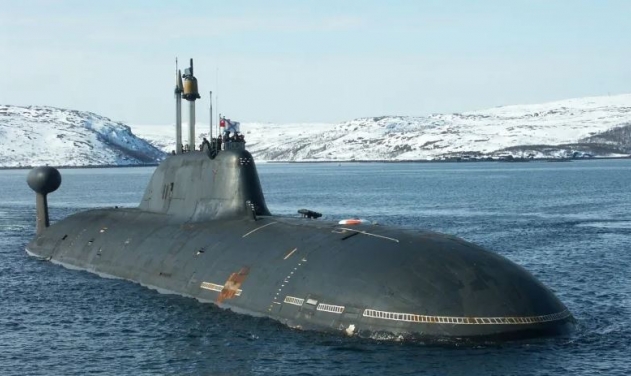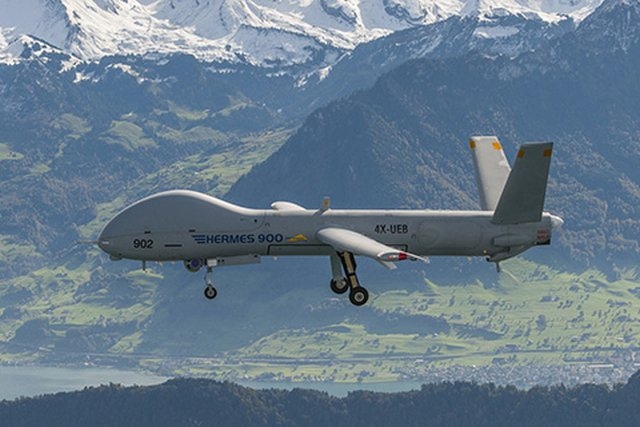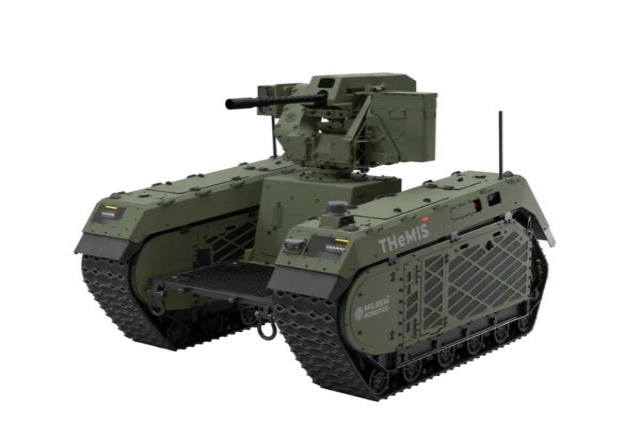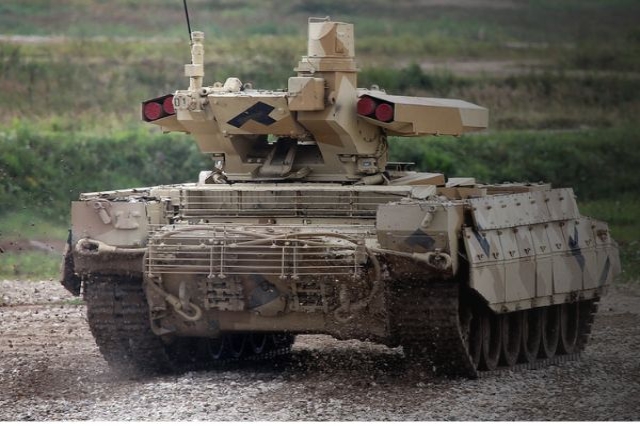India Leases Mothballed Russian Nuclear Submarine for $3 billion

India inked a deal to lease a mothballed nuclear-powered Akula-1 class submarine from Russia for over $3 billion (INR 21,000 crore) on Thursday.
The submarine hulls will be mothballed at the Zvezdochka shipyard in Severodvinsk and would undergo a deep refit and rebuild, to be fitted with Indian sensors, operation room electronics, and communication equipment before being delivered to India in or before 2025.
The contract also includes sustenance and spares support for 10 years, as well as training and technical infrastructure for its operations, sources were quoted by TOI as saying Thursday.
An Indian naval delegation led by Inspector General (Nuclear Safety) Vice Admiral Soonil V Bhokare had conducted an inspection of two Akula-2 class submarines, the Bratsk and the Samara in December 2018.
The new submarine will replace INS Chakra Akula-class submarine that lacks long-range missiles. It was taken on a 10-year lease from Russia in April 2012 for $900 million in January 2004.
“INS Chakra’s existing lease will be extended till at least 2025 through another contract till the new submarine, which will be bigger and more advanced than it, becomes operational,” said a source.
The stealth-capable INS Chakra is equipped with cruise missiles and can be deployed for ISR (intelligence, surveillance and reconnaissance) missions. But the submarine is not meant for "deterrence patrol," that is, carrying out a patrol aimed at deterring enemies from attacking India with nuclear weapons.
India's nuclear triad- the capability to fire nuclear weapons from land (Agni missiles), air (fighter-bombers) and sea (SSBNs like INS Arihant) was finally operational to some extent when the country's first indigenous nuclear-powered submarine with nuclear-tipped ballistic missiles (SSBN) completed its first deterrence patrol November last year.
India requires at least 18 conventional submarines, six SSNs and four SSBNs for effective deterrence. It has 14 conventional diesel-electric submarines (13 old, and a new Scorpene INS Kalvari out of the six under construction at Mazagon Docks), a SSN (INS Chakra) and a mini-SSBN (INS Arihant).
The Indian Navy is likely to receive its second Scorpene-class submarine INS Khanderi this month, and the third, INS Karanj, will be delivered by the end of 2019.
Akula-class submarines feature very low acoustic signatures and can carry up to 12 submarine-launched cruise missiles with nuclear warheads and a range of 3,000 kilometers (1,860 miles) in addition to anti-ship missiles and torpedoes.









